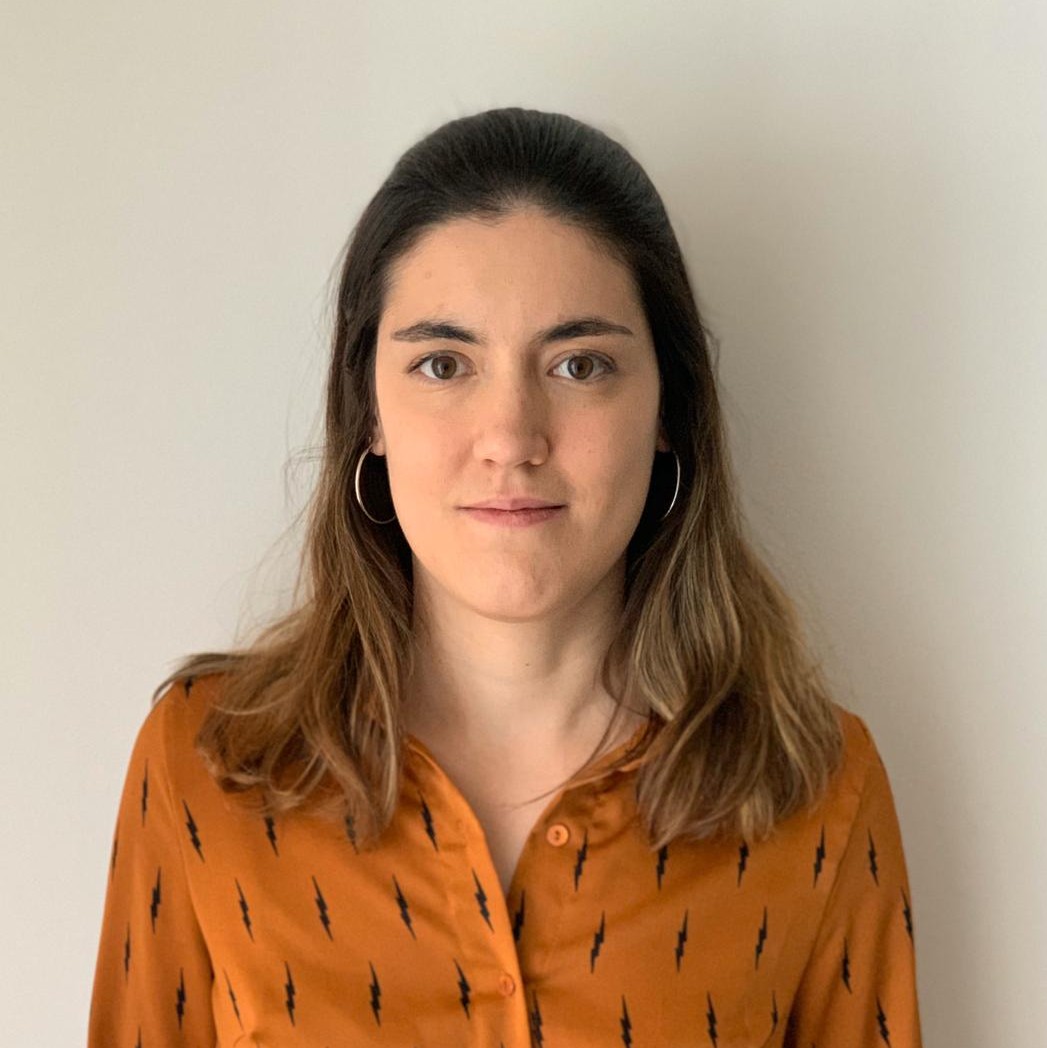First CMTM Postdoctoral Research Fellow Announced
The Center for Multiscale & Translational Mechanobiology (CMTM) at Boston University is pleased to announce the hiring of Dr. Marina Uroz as its inaugural Postdoctoral Research Fellow.
 Dr. Uroz earned her B.S. in Physics and M.S. in Biophysics from the University of Barcelona, after which she entered the doctoral program in Biomedicine at the Institute for Bioengineering of Catalonia (IBEC). Her research at IBEC under advisor Dr. Xavier Trepat focused on cellular mechanobiology and culminated in the first-author publication of “Regulation of cell division and cell cycle progression by cell-cell and cell-matrix forces” in Nature Cell Biology. Upon completion of her Ph.D., Dr. Uroz received a prestigious two-year EMBO Postdoctoral Fellowship, joining CMTM faculty Chris Chen’s lab in the Biological Design Center in 2019 to work on studying the interplay between cancer cells and vascular systems.
Dr. Uroz earned her B.S. in Physics and M.S. in Biophysics from the University of Barcelona, after which she entered the doctoral program in Biomedicine at the Institute for Bioengineering of Catalonia (IBEC). Her research at IBEC under advisor Dr. Xavier Trepat focused on cellular mechanobiology and culminated in the first-author publication of “Regulation of cell division and cell cycle progression by cell-cell and cell-matrix forces” in Nature Cell Biology. Upon completion of her Ph.D., Dr. Uroz received a prestigious two-year EMBO Postdoctoral Fellowship, joining CMTM faculty Chris Chen’s lab in the Biological Design Center in 2019 to work on studying the interplay between cancer cells and vascular systems.
With the CMTM fellowship Dr. Uroz will work with Professor Chen and another CMTM faculty member Professor Hadi T. Nia to study cancer cell migration along the brain vasculature. The aim is to understand this process from a mechanical point of view by assessing the contribution of the mechanical properties of the vasculature and the composition of the basement membrane. Dr. Uroz believes combining the Nia lab expertise in cancer mechanobiology with the Chen lab expertise in vascular mechanobiology will maximize the success of her research, combining the use of in-vitro organotypic devices for vessel co-option with ex-vivo brain slices.
Please join us in congratulating Dr. Marina Uroz on her successful application to our postdoctoral fellowship program.
The CMTM fellowship was designed to support postdoctoral fellows to work on a collaborative project involving at least two faculty members of the Center, preferably across departments, colleges, and/or campuses. Our faculty and other researchers study mechanobiology and its potential for clinical translation in such areas as regenerative medicine, biomaterials, connective tissue diseases, precision medicine, musculoskeletal pain, cancer, global health, and drug delivery. The CMTM has unique strengths in modeling and biotechnology, giving fellows the opportunity to further their expertise in mechanobiology across length scales spanning single molecules to whole organisms. Fellows are mentored in developing their own research programs and funding applications. The term of the CMTM fellowship is one year; renewal for second year is possible upon review of the fellow’s activities.